My father, Robert Arlington Webb (1911 – 1971), was a film editor who grew up in Hollywood during its early heyday. The Webbs lived in several different areas of LA during the first ten years after they moved there in 1924 from Springfield, IL. At one time they lived across from Paramount Studio, at another period they were neighbors with the Coopers (Gary) and in 1933 Charlie Chaplin’s studio was nearby. Dad’s father bought land in what is now Brentwood, back when the area was mostly orange groves.
At least 2 of the 5 houses that he built for his family in 1937 were still standing when I visited in 1998, their sidewalks lined with orange trees scenting the Los Angeles evening. You can view one of the original houses that my uncle Jerry and aunt Helen lived in until 1994 when they moved to the San Francisco Bay area.
Dad, Mom and me circa 1952 with Jerry Webb on the far right. Aunt Helen holding the towhead, with cousin Judith looking on.
The three Webb sons and their relatives were involved in the film industry. Dad’s older brother Jerry worked as a film editor for 20th Century Fox with the producer Darryl Zanuck and he also worked for the director John Ford on a film in 1934, with my father as either an assistant director or as an editor. If anyone could identify the cameraman in this shot, we might know what film it is. I suspect it could be Lost Patrol, a WWI film shot in the desert. Dad stands to his left. Ford is in the center right with the hat and tie on.
My dad apprenticed Samuel Goldwyn (later becoming the company Metro-Goldwyn-Mayer) during his early training as an editor, worked on many feature films and played tennis with celebrities like WC Fields, Errol Flynn, Gary Cooper and attended soirées at Cecil B. DeMille’s and Charlie Chaplin’s houses. He dated Loretta Young’s sister. A young Warren Beatty once visited Uncle Jerry’s house, bearing fresh abalone for dinner. At the time Beatty was an unknown actor and Jerry was directing all of 20th Century Fox’s screen tests for newcomers, including Marilyn Monroe and Grace Kelly. Bribery with fish- it worked!
Our cousin Robert C. Jones is an Academy Award winning editor and screenwriter who now teaches film at USC. His dad was Harmon Jones, who directed feature films, and much of the 1960’s  TV series, Rawhide. Our family enjoyed watching a young Clint Eastwood rise to fame after his role as Rowdy Yates.
Robert C. Jones, USC photo.
But what my father will be remembered for is what he tried to forget: the US Government sponsored films about the Nazis that were compiled after the war. My dad never talked about working on the footage that depicted Nazi atrocities, or of his time in Germany. He had canisters of the film, possibly dubs of the master reel, sequestered away on the top shelf of his closet during our childhood. Our mother tried to get him to do something with it that would bring a financial legacy to his children, but I suspect he felt that would be ethically wrong. He may have donated the film to Princeton’s Firestone Library or to the Library of Congress, which is what I remember her telling me.
Dad had enlisted in the Navy and was sent to Germany to work on editing footage for the Office of Strategic Services’ (OSS) film unit, headed up by the director John Ford.  He spent a year or two in Germany around 1943 to 1945 as the supervising editor on the evidentiary documentary The Nazi Plan, directed by Ray Kellogg and shown at the Nuremberg Trials. He was one of 3 American editors chosen by Ford to work on this four-and-a-half-hour film, which consisted of 22 reels culled from thousands more feet of documentary film made by the Germans themselves. The other two editors included Robert Parrish and John McCafferty. (Another link that offers more video can be found at the US Holocaust Memorial Museum site here.)
The official US government film of the trial became “Nuremberg: Its Lesson For Today” and was shown to the German people but never released in the US. Speculation as to why it wasn’t released include political sensitivity to the American efforts to rebuild Germany after the war, and to the Soviet Union’s 1948 blockade of Berlin. “The new threat was Soviet expansionism”.
A restoration of  ‘Nuremberg: Its Lesson For Today’ was completed  in 2009 by Sandra Schulberg, niece of Budd Schulberg, who worked on the The Nazi Plan as a search commander. Sandra’s team restored the film by making a new negative.  In the process, they did not change a single frame of the original, but did reconstruct the soundtrack using original sound recordings from the trial. It has shown all over the world since then. A good review with information on the political issues can be found here.
Ms. Schulberg’s restoration showed Tuesday night at the historic Douglass Theatre in Macon, GA and my sister Gina, her partner Mike and I drove down from Atlanta to see it.
Franklin ‘Camp’ Bacon and Robert Fieldsteel are hard working volunteers who keep the theater running, and Camp treated us all to dinner in Macon. He also gave a lively introduction and some background for the film. Fieldsteel has his own fascinating LA history; he worked with the director John Cassevetes and is playwright and artist in residence at Wesleyan College for Women in Macon. The Douglass Theater was restored in 1996 and the jewel-like interior reminded us of a small Italian opera house.
The substantial audience gave the film great reviews via Camp’s ingenious rating system – 5 clothespins dropped into a paper bag was the high average.
One room held a classic 1940’s Century Projector.
The Walk of Fame musician homages in front of the theater.
I hadn’t been to Macon in over 25 years and the town is architecturally interesting, although its revitalization hasn’t yet brought throngs of people to the downtown area.
The Dempsey Hotel, now apartments for the elderly and disabled citizens. Once a grand hotel.
The Hummingbird Stage and Taproom, live music.
Many businesses seemed to be closed and boarded up.
Local fashionistas in front of one of the many thrift stores.
The Tic Toc Room, a once legendary nightclub, where Little Richard got his start. Now a restaurant.
Ms. Schulberg’s film is a lovely, albeit difficult, belated tribute to our dad, too bad he wasn’t around to bask in it. Much credit also goes to my sister Gina for contacting Sandra and organizing a bio page for him on the film’s website. Without Gina’s efforts, brother Rob and myself might never have known about the film.
Dad’s last government sponsored gig was a year spent in Burma from 1953-’54, when he was sent over to train young editors in their emerging film industry. He spent the rest of his career in Princeton, NJ and NYC as a highly successful film editor in commercial television.



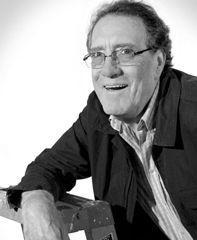
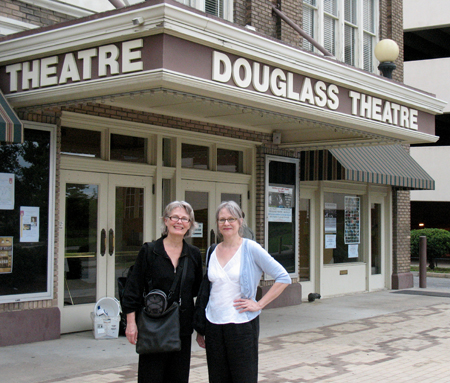
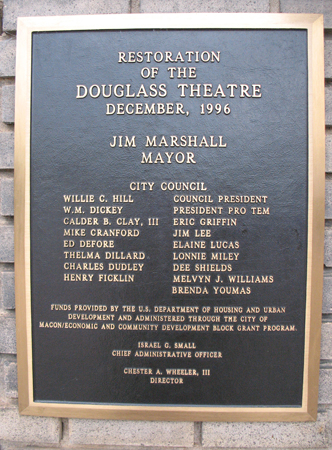
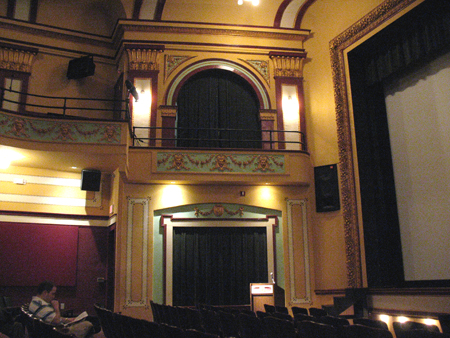
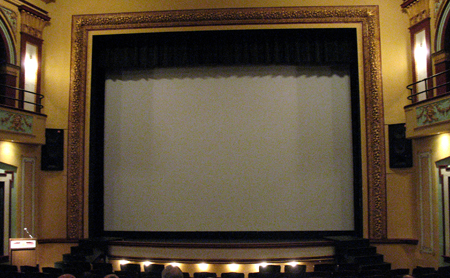
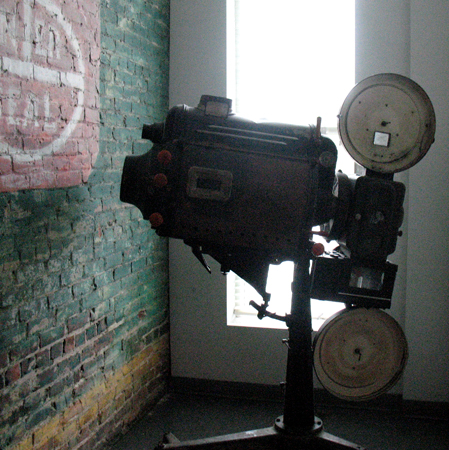
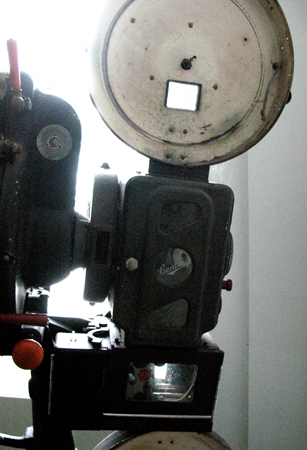
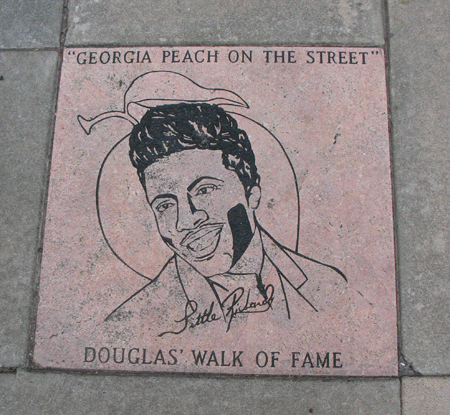
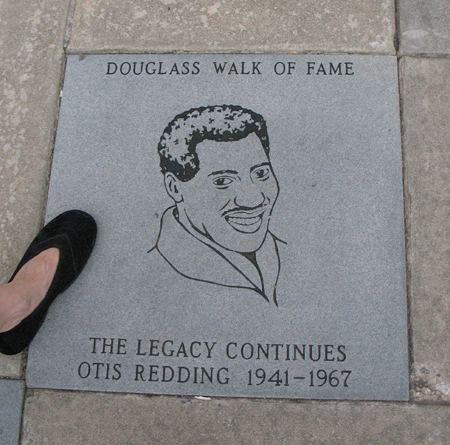
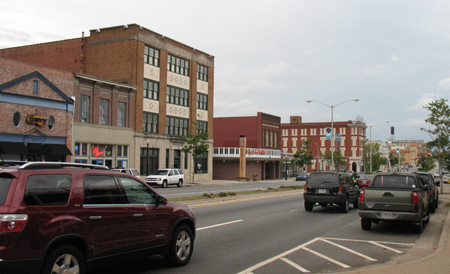
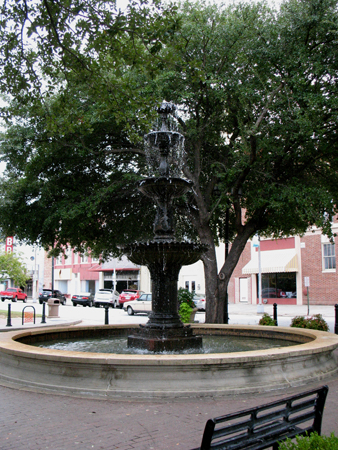
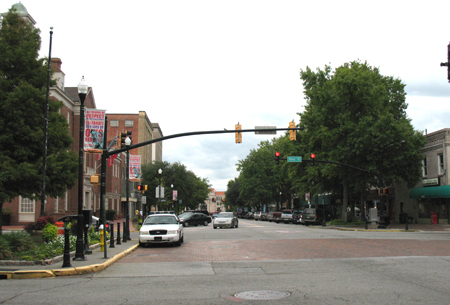
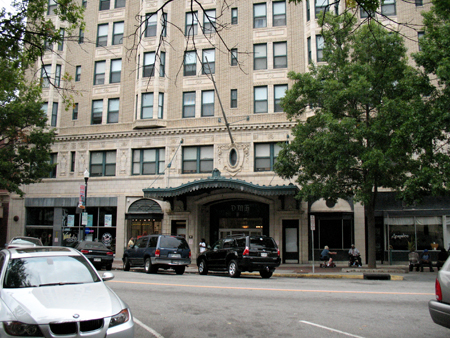


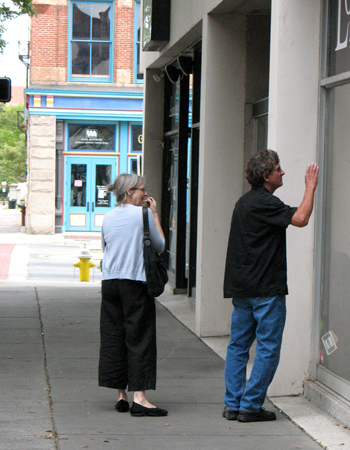
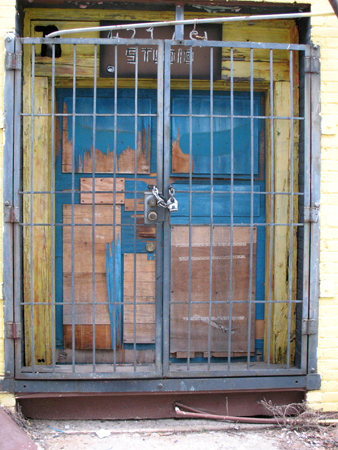

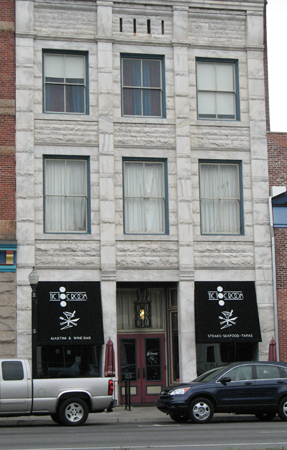
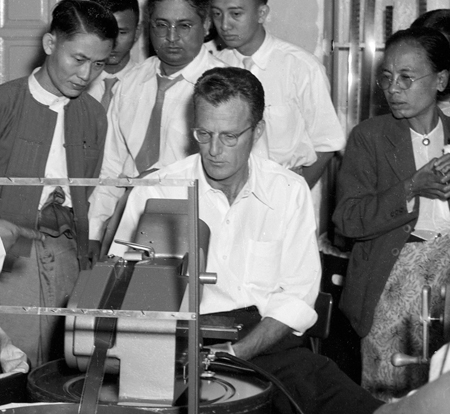
Wow – Fascinating! Thanks so much for sharing your family’s story and for sharing your father’s important contribution to history, though it is, as you say – “what my father will be remembered for is what he tried to forget”… So often it is the difficult things that are the most important.
Thanks Michelle, your comments ring true. What we never suspect our legacy will be is often just that.